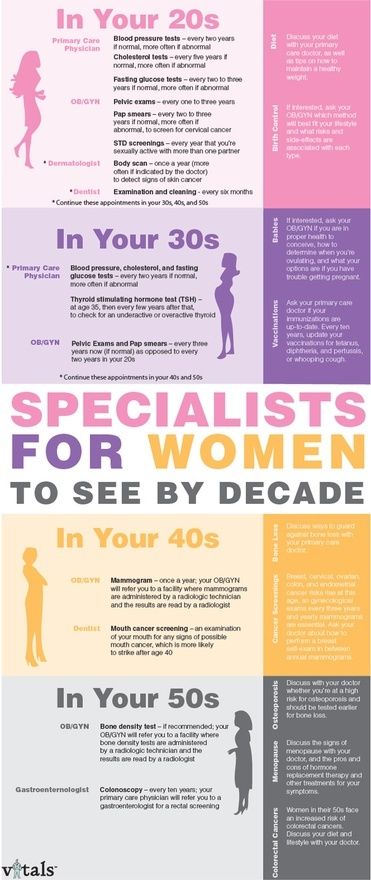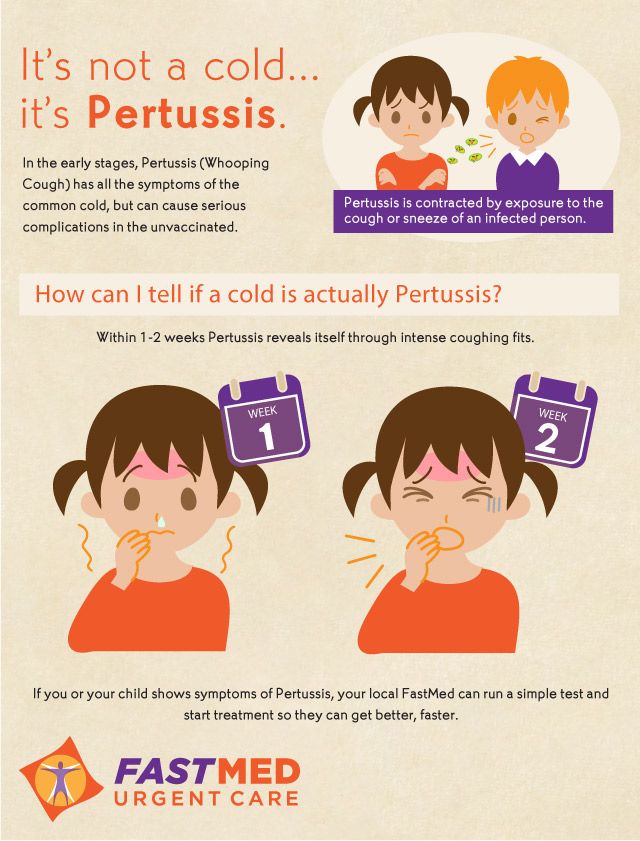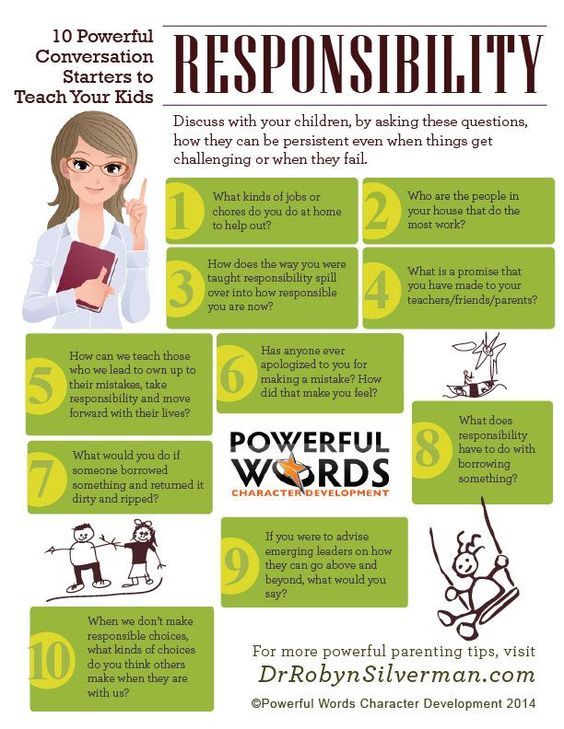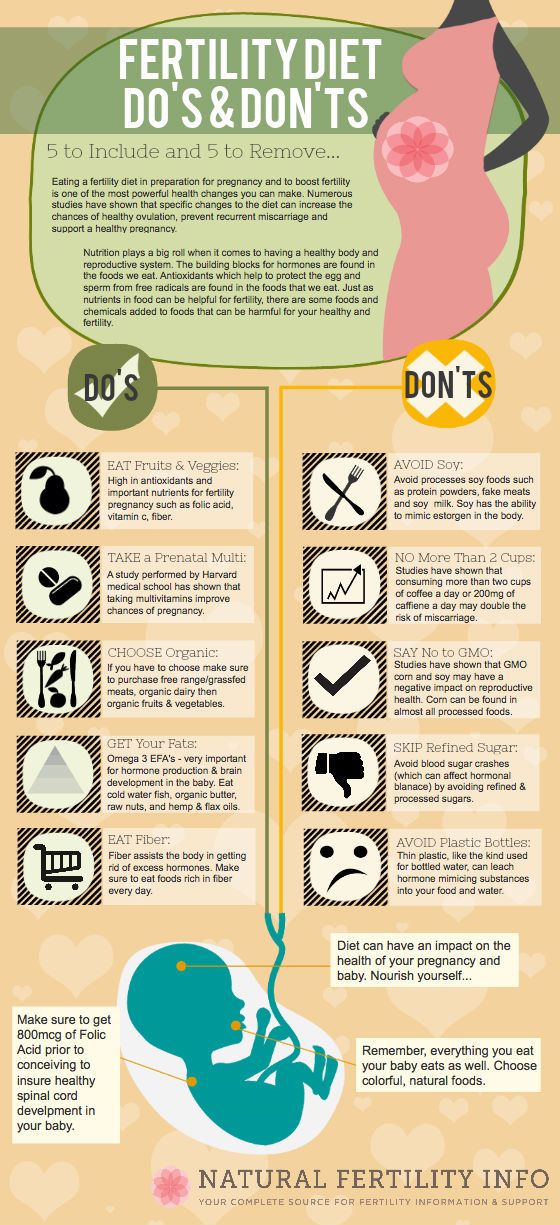What to do before you get pregnant
Planning for Pregnancy | Preconception Care
If you are trying to have a baby or are just thinking about it, it is not too early to start getting ready for pregnancy. Preconception health and health care focus on things you can do before and between pregnancies to increase the chances of having a healthy baby. For some people, getting their bodies ready for pregnancy takes a few months. For other people, it might take longer. Whether this is your first, second, or sixth baby, the following are important steps to help you get ready for the healthiest pregnancy possible.
1. Make a Plan and Take Action
Whether or not you’ve written them down, you’ve probably thought about your goals for having or not having children, and how to achieve those goals. For example, when you didn’t want to have a baby, you used effective birth control methods to achieve your goals. Now that you’re thinking about getting pregnant, it’s really important to take steps to achieve your goal [PDF – 764 KB]—getting pregnant and having a healthy baby!
Preventive health care can help you stay healthier throughout your life.
2. See Your Doctor
Before getting pregnant, talk to your doctor about preconception health care. Your doctor will want to discuss your health history and any medical conditions you currently have that could affect a pregnancy. They may want to discuss any previous pregnancy problems, medicines you currently are taking, vaccinations you might need, and steps you can take before pregnancy to help prevent certain birth defects.
Take a list of talking points so you don’t forget anything. Be sure to talk to your doctor about:
Medical Conditions
If you currently have any medical conditions, be sure they are under control and being treated. Some of these conditions include: sexually transmitted diseases (STDs), diabetes, thyroid disease, high blood pressure, and other chronic diseases.
Lifestyle and Behaviors
Talk with your doctor or another health professional if you smoke, drink alcohol, or use certain drugs; live in a stressful or abusive environment; or work with or live around toxic substances. Health care professionals can help you with counseling, treatment, and other support services.
Health care professionals can help you with counseling, treatment, and other support services.
Medications
Almost every pregnant person will face a decision about taking medicines before and during pregnancy. Talk to your healthcare providers before starting or stopping any medicines. Be sure to discuss the following with your healthcare providers:
- All medicines you take, including prescriptions, over-the-counter medicines, herbal and dietary supplements, and vitamins
- Best ways to keep any health conditions you have under control
- Your personal goals and preferences for the health of you and your baby
Vaccinations (shots)
Some vaccinations are recommended before you become pregnant, during pregnancy, or right after delivery. Having the right vaccinations at the right time can help keep you healthy and help keep your baby from getting very sick or having lifelong health problems.
3. Take 400 Micrograms of Folic Acid Every Day
Folic acid is a B vitamin. CDC urges all people who can become pregnant to take 400 micrograms (mcg) of folic acid each day, in addition to consuming food with folate from a varied diet, to help prevent some major birth defects of the baby’s brain (anencephaly) and spine (spina bifida).
CDC urges all people who can become pregnant to take 400 micrograms (mcg) of folic acid each day, in addition to consuming food with folate from a varied diet, to help prevent some major birth defects of the baby’s brain (anencephaly) and spine (spina bifida).
Learn more about folic acid »
4. Stop Drinking Alcohol, Smoking, and Using Certain Drugs
Smoking, drinking alcohol, and using certain drugs can cause many problems during pregnancy, such as premature birth, birth defects, and infant death.
If you are trying to get pregnant and cannot stop drinking, smoking, or using drugs, contact your healthcare provider, local Alcoholics Anonymous, or local alcohol treatment center.
Alcohol and Drug Resources
Substance Abuse Treatment Facility Locator
The Substance Abuse and Mental Health Services Administration (SAMHSA) has a treatment facility locator. This locator helps people find drug and alcohol treatment programs in their area.
Alcoholics Anonymous (A. A.)
A.)
Alcoholics Anonymous® is a fellowship of men and women who share their experiences, strengths, and hopes with each other so that they can solve their common problem and help others to recover from alcoholism. Locate an A.A. program near you.
Learn more about alcohol and pregnancy »
Smoking Resources
1-800-QUIT-NOW (1-800-784-8669)
Learn more about smoking during pregnancy »
5. Avoid Toxic Substances and Environmental Contaminants
Avoid harmful chemicals, environmental contaminants, and other toxic substances such as synthetic chemicals, metals, fertilizer, bug spray, and cat or rodent feces around the home and in the workplace. These substances can hurt the reproductive systems of men and women. They can make it more difficult to get pregnant. Exposure to even small amounts during pregnancy, infancy, childhood, or puberty can lead to diseases. Learn how to protect yourself and your loved ones from toxic substances at work and at home.
Learn about the effects of toxic substances on reproductive health »
Learn how CDC tracks Children’s Environmental Health »
6.
 Reach and Maintain a Healthy Weight
Reach and Maintain a Healthy WeightPeople who are overweight or obese have a higher risk for many serious conditions, including complications during pregnancy, heart disease, type 2 diabetes, and certain cancers (endometrial, breast, and colon).1 People who are underweight are also at risk for serious health problems.2
The key to achieving and maintaining a healthy weight isn’t about short-term dietary changes. It’s about a lifestyle that includes healthy eating and regular physical activity.
If you are underweight, overweight, or obese, talk with your doctor about ways to reach and maintain a healthy weight before you get pregnant.
Learn more about healthy weight »
7. Learn Your Family History
Collecting your family’s health history can be important for your child’s health. You might not realize that your sister’s heart defect or your cousin’s sickle cell disease could affect your child, but sharing this family history information with your doctor can be important.
Other reasons people go for genetic counseling include having had several miscarriages, infant deaths, trouble getting pregnant (infertility), or a genetic condition or birth defect that occurred during a previous pregnancy.
Learn more about family history »
Learn more about genetic counseling »
8. Get Mentally Healthy
Mental health is how we think, feel, and act as we cope with life. To be at your best, you need to feel good about your life and value yourself. Everyone feels worried, anxious, sad, or stressed sometimes. However, if these feelings do not go away and they interfere with your daily life, get help. Talk with your doctor or another health professional about your feelings and treatment options.
Learn about mental health »
Learn about depression »
References
- NIH, NHLBI Obesity Education Initiative. Clinical Guidelines on the Identification, Evaluation, and Treatment of Overweight and Obesity in Adults. Available online:
http://www. nhlbi.nih.gov/guidelines/obesity/ob_gdlns.pdf (PDF-1.25Mb)
nhlbi.nih.gov/guidelines/obesity/ob_gdlns.pdf (PDF-1.25Mb) - Moos, Merry-K, et al. Healthier women, healthier reproductive outcomes: recommendations for the routine care of all women of reproductive age. AJOG Volume 199, Issue 6, Supplement B , Pages S280-S289, December 2008.
What to Do Before You Try to Conceive
Reviewed by Traci C. Johnson, MD on November 11, 2021
Before you start picking a name and painting the nursery, think about how to prepare your body and your life for your little bundle of joy.
Get in shape ahead of time (even though your waist will disappear for a while) to make your pregnancy and delivery easier. Aim for 30 minutes of exercise that gets your heart pumping on most days. Walking, bicycling, and swimming are great ways to get a workout. Or join a prenatal exercise class.
Soon enough you'll crave ice cream and pickles. Now, focus on eating well. You'll need lots of protein, iron, calcium, and folic acid. Stock up on fruits, nuts, veggies, leafy greens, whole grains, and low-fat dairy products. Cut back on chips, baked goods, soda, and other junk foods with empty calories. Ask your partner to join you to make it easier.
Cut back on chips, baked goods, soda, and other junk foods with empty calories. Ask your partner to join you to make it easier.
It helps prevent serious birth defects that can happen before you know you're pregnant. You'll find this B vitamin in many foods, including leafy greens, citrus, and beans, but most women need a pill to get enough.
Start with a daily vitamin. When you're planning a pregnancy, you need 400 micrograms of folic acid every day, the amount in most multivitamins.
Being too thin can make it harder to get pregnant.
Being too heavy can also cause problems: It raises your chances of diabetes and high blood pressure. It can also make labor last longer -- and you don't want that!
Talk to your doctor about what weight is healthy for you.
Want to share your plans? Start with your doctor. See them a few months before you begin trying to get pregnant. Ask about:
- Tests or vaccines you need
- Prenatal vitamins
- How to manage or control any health conditions you have
- Medicines you can and can't take during pregnancy
There's no crystal ball to tell you whose eyes your baby will get. But your doctor might recommend preconception tests if your family history or ethnicity puts you at high risk of having a baby with a genetic disorder. A simple blood or saliva test can see if you carry genes for cystic fibrosis, fragile X syndrome, Tay-Sachs disease, or sickle cell disease.
But your doctor might recommend preconception tests if your family history or ethnicity puts you at high risk of having a baby with a genetic disorder. A simple blood or saliva test can see if you carry genes for cystic fibrosis, fragile X syndrome, Tay-Sachs disease, or sickle cell disease.
If you're not a regular flosser, now's the time to make it a habit. It's good for your baby as well as your smile. Pregnancy raises your chance of gum disease, a health problem that may also make early labor more likely. So have your teeth cleaned and checked, and brush, floss, and rinse with an antiseptic mouthwash daily.
Some experts suggest you get no more than 200 milligrams of caffeine a day while you're trying to get pregnant and during pregnancy. That's about one 12-ounce cup of coffee or four 8-ounce cups of tea. Switch to decaf or try warm, spiced milk instead.
If you can't get going without your morning brew, just drink one and keep it small.
Among its other drawbacks, smoking can make it harder for you to get pregnant.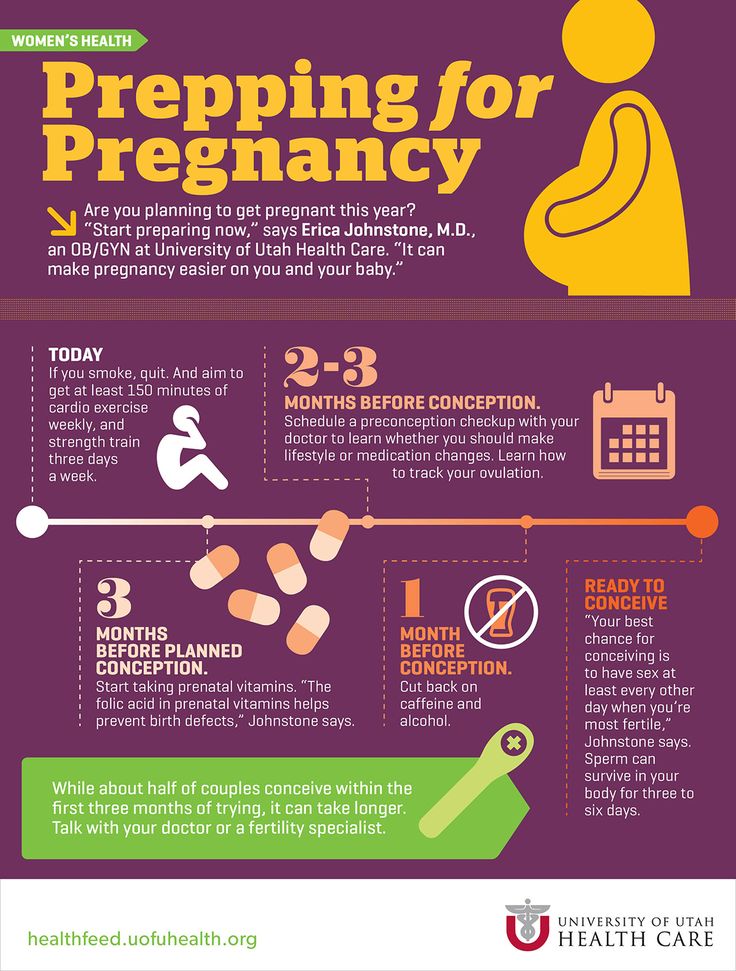 And lighting up during pregnancy can raise the likelihood of problems like premature birth, low birth weight, and miscarriage. It also puts your baby at risk for sudden infant death syndrome (SIDS).
And lighting up during pregnancy can raise the likelihood of problems like premature birth, low birth weight, and miscarriage. It also puts your baby at risk for sudden infant death syndrome (SIDS).
Ask your partner to quit, too. Secondhand smoke is also dangerous. And it may hurt male fertility.
Since you don't know exactly when you'll get pregnant, give up your adult beverages now. Drinking during pregnancy raises the chances for birth defects and learning problems. Alcohol can sometimes make it harder to conceive, too.
Don't panic if it turns out you had a beer or a glass of wine before you knew you were expecting. One drink is probably OK. But since doctors don't know what amount of alcohol causes problems, play it safe and avoid booze entirely.
Infants need a lot of stuff. They go through about 8,000 diapers before they're potty-trained! You'll need clothes, a car seat, and a stroller, and maybe formula and bottles. Make a list of supplies and start looking now.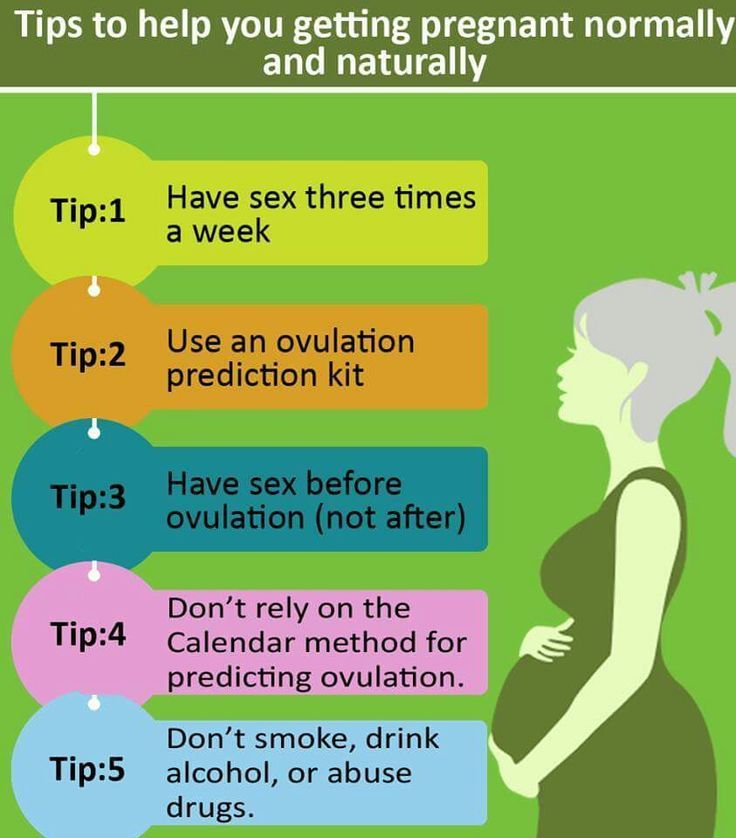 Keep in mind, your expenses will also include doctor visits and possibly child care.
Keep in mind, your expenses will also include doctor visits and possibly child care.
To stretch your dollar, consider gently used baby clothes, buying in bulk, and family day care.
If you work, consider what you want to do once you've had your baby. Some companies provide paid time-off after you give birth. Others offer unpaid time-off. You may also be able to use sick days or vacation time before you go back.
Check your health plan, too, to see which doctors and hospitals it covers.
Now's the time for a grown-up getaway. Whether it's to a fancy restaurant or a relaxing beach, go somewhere solo or with your partner that you wouldn't take a baby. This is a good chance for some "me" or "we" time before you're too uncomfortable, you can't travel, and you're focused on being a parent.
If your dog or cat has been your fur-child, a crying, cooing infant that suddenly shows up could make them upset or unsettled. Help them adjust now.
Bring baby supplies, including lotion and diapers, into the house so they can get used to the smells. Also set new rules, like staying off furniture or out of the nursery. Borrow baby clothes and pretend with a doll so your pet gets used to sharing your attention.
Also set new rules, like staying off furniture or out of the nursery. Borrow baby clothes and pretend with a doll so your pet gets used to sharing your attention.
IMAGES PROVIDED BY:
1) Select Stock/Agency Collection
2) Uniquely India
3) Asia Images/Photodisc
4) Laurence Monneret/The Image Bank
5) Jose Luis Pelaez/Blend Images
6) Thinkstock
7) Altrendo/Stockbyte
8) Advertisement
9) Dimitri Vervitsiotis/Photographer’s Choice
10) Image Source
11) Amana Productions Inc
12) Florence Delva/Workbook Stock
13) Jetta Productions/Stone
14) Thinkstock
15) Thinkstock
SOURCES:
American College of Obstetricians and Gynecologists: "Frequently Asked Questions," "Tools for Patients: Before You Get Pregnant." “Preconception Carrier Screening."
American Dental Association, Mouth Healthy: "Healthy Habits."
ASPCA: "Preparing Your Dog for a New Baby. "
"
CDC: "Tobacco Use and Pregnancy."
Center for Science in the Public Interest: "Caffeine Content of Food & Drugs."
Childbirth Connection: "Planning Pregnancy."
EPA.gov: "10 Fast Facts on Recycling."
FamilyDoctor.org: "Things to Think About Before You're Pregnant."
Jensen, T. BMJ, August 1998.
March of Dimes: "Caffeine in Pregnancy," "Preterm Birth: Are You at Risk?"
The American College of Obstetricians and Gynecologists, Your Pregnancy and Childbirth: Month to Month, Women's Health Care Physicians, 2010.
United States Department of Agriculture: "Cost of Raising a Child Calculator."
Weng, X. American Journal of Obstetrics & Gynecology, 2008.
Womenshealth.gov: "Preconception Health."
© 2021 WebMD, LLC. All rights reserved. View privacy policy and trust info
How to prepare for conception?
Pregnancy planning is really necessary, especially in our time, when a healthy woman is the exception rather than the rule. Not to mention the fact that pregnancy is a serious test for the body of even a perfectly healthy woman.
Not to mention the fact that pregnancy is a serious test for the body of even a perfectly healthy woman.
It can be said that entering into a pregnancy without prior preparation for it is the same as flying on an airplane that has not been checked in advance: maybe it will cost, or maybe not. Of course, aircraft are tested before each flight. So why does a woman, ready to give birth to a new human being, not always conduct a similar check of her body? After all, the price of her neglect of herself and her health can be the life of the unborn child. nine0005
The process of preparing for pregnancy is quite complex and includes several stages. It is worth starting planning a few months (at least three) before the time when the couple intends to conceive a baby.
And at the stage of pregnancy planning , it is necessary to understand that the bearing and birth of a baby is not a woman's business, but a married couple's. Therefore, the active participation of the father in planning pregnancy is extremely necessary and important for himself, and for his wife, and for the unborn baby.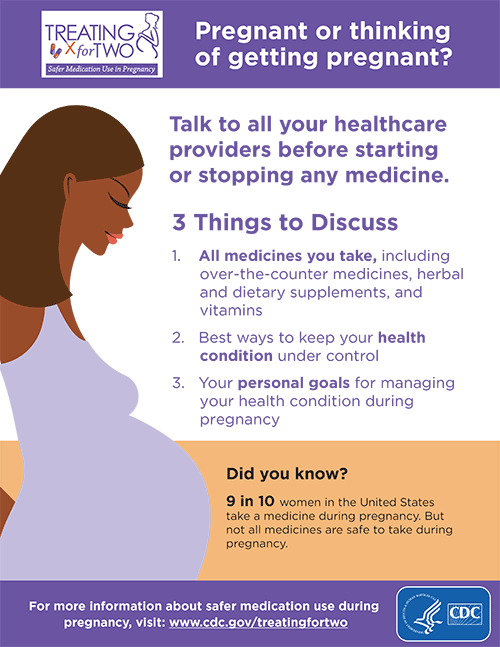 nine0005
nine0005
Without the help of doctors, it will not be possible to manage even at this stage. A visit to the gynecologist will allow you to identify possible diseases and treat them in a timely manner. After the first appeal, future parents undergo several examinations and pass certain tests in order to find out how ready their bodies are for conceiving a baby, as well as to prevent possible problems when carrying a child. The gynecologist will tell you what to do if, before planning a pregnancy, a woman was protected with hormonal contraceptives. It is necessary to stop taking hormonal contraceptives 3 months before the planned pregnancy. nine0005
It is important for a future mother to understand that only a healthy woman can bear and give birth to a healthy baby. In this regard, you need to start taking care of your own health long before conception. Good physical shape, the absence of diseases, proper nutrition and the rejection of bad habits, hygiene and a measured lifestyle - all this has a beneficial effect on the female body and subsequently makes it easier to endure pregnancy. However, not all vitamins can be obtained from food. For example, the body can only obtain folic acid in an artificial form, since its counterpart (folate), found in green vegetables, beans, asparagus, and citrus fruits, is much less absorbed. Folic acid is very important for the development of the baby to take place correctly, and the need for its intake exists throughout pregnancy. If the mother's body during the bearing of the child receives a sufficient amount of this substance, then the risk of pathology from the nervous system is minimized. nine0005
However, not all vitamins can be obtained from food. For example, the body can only obtain folic acid in an artificial form, since its counterpart (folate), found in green vegetables, beans, asparagus, and citrus fruits, is much less absorbed. Folic acid is very important for the development of the baby to take place correctly, and the need for its intake exists throughout pregnancy. If the mother's body during the bearing of the child receives a sufficient amount of this substance, then the risk of pathology from the nervous system is minimized. nine0005
What tests should a married couple undergo
before planning a pregnancy?
- Gynecological examination, colposcopy for women.
- Blood type, Rh factor for both spouses. If a woman has a positive Rh factor, there is no problem. If a woman has a negative Rh factor - antibodies to the Rh factor (even if a man is also negative). If they are positive, pregnancy is not currently possible and needs to be corrected.
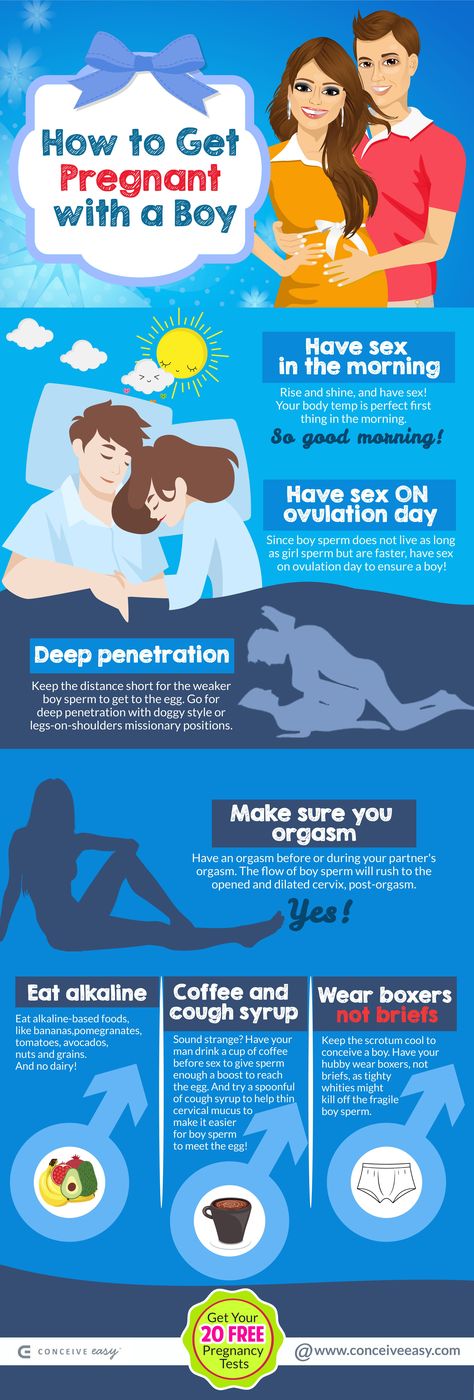 If negative - repeat this analysis once a month, starting from 8 weeks of pregnancy. If a woman has 1 group, and a man has any other group, incompatibility by blood types is possible. An analysis for group antibodies, as well as an analysis for antibodies to the Rh factor, is carried out once a month, starting from 8 weeks of pregnancy. nine0028
If negative - repeat this analysis once a month, starting from 8 weeks of pregnancy. If a woman has 1 group, and a man has any other group, incompatibility by blood types is possible. An analysis for group antibodies, as well as an analysis for antibodies to the Rh factor, is carried out once a month, starting from 8 weeks of pregnancy. nine0028 - Tests for infections: routine smear, PCR for latent infections - both spouses.
- Blood test for TORCH-complex. Antibodies to rubella, toxoplasma, herpes, CMV, chlamydia - quantitative analysis (with titer). The presence of IgG antibodies means immunity to these infections, and is not an obstacle to pregnancy. The presence of IgM means an acute stage, planning in this case must be postponed until recovery. If there are no IgG antibodies to rubella, it is necessary to be vaccinated and protected for another 3 months after it. nine0028
- A trip to the dentist, a therapist, chest x-ray is a must for both spouses. By appointment of the therapist - consultation of narrow specialists (ENT doctor, urologist, endocrinologist, cardiologist, gastroenterologist).
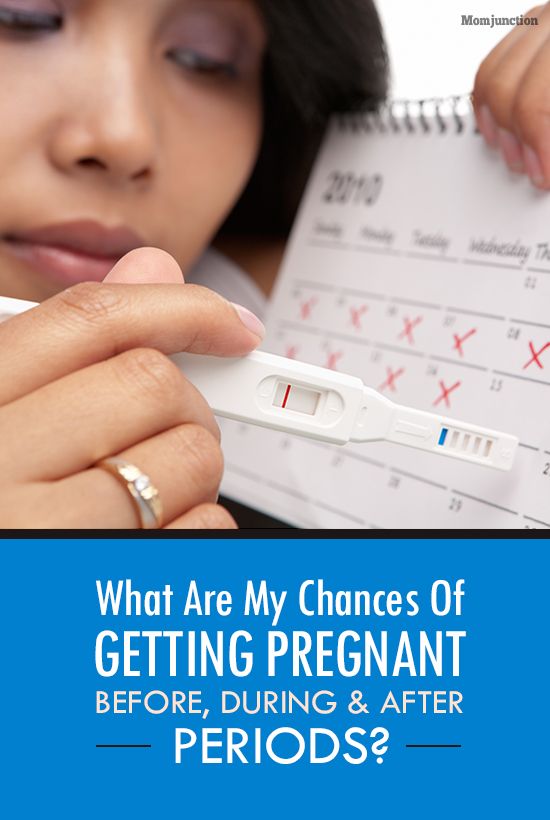
- Spermogram. Desirable, but not required. It is done to determine the quality of spermatozoa and identify a hidden inflammatory process (a much more informative analysis than any smears and PCR). nine0027 Ultrasound of the pelvic organs - at least 2 times per cycle: after menstruation and before menstruation. For the first time, the general condition of the pelvic organs is assessed, in the second, the presence of a corpus luteum and endometrial transformation, indicating that ovulation has occurred. Ideally, an intermediate third ultrasound on the eve of the expected ovulation is to detect the dominant follicle.
- Blood test for hormones of the reproductive system, thyroid gland, adrenal glands - according to indications. nine0027 Ultrasound of the thyroid gland, mammary glands - according to indications.
- Hemostasiogram, coagulogram. - according to indications.
- General clinical blood test (hemoglobin, erythrocytes, leukocytes, platelets, ESR, color index, leukocyte formula).
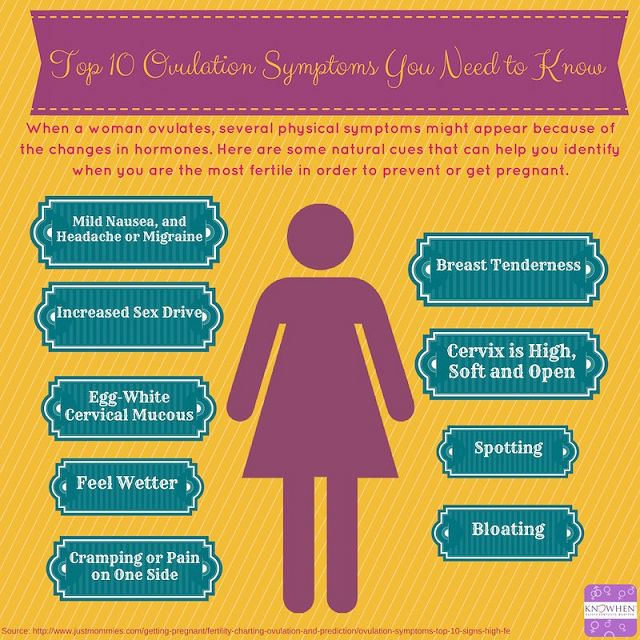 Finger blood. General urinalysis (morning portion of urine - completely collected, it is important that the analysis does not include discharge from neighboring organs).
Finger blood. General urinalysis (morning portion of urine - completely collected, it is important that the analysis does not include discharge from neighboring organs). - Blood tests for syphilis, HIV, hepatitis B and C - for both spouses. nine0028
- If there was a case of hereditary diseases in the family, miscarriages, spontaneous miscarriages, seek advice from a medical genetic consultation (Krasnoyarsk Regional Consultative and Diagnostic Center for Medical Genetics, Krasnoyarsk, Molokova St. 7, t. 55-99-20).
Pregnancy planning tips: what to look out for and how to prepare
nine0002 Please waitAll products
Cosmetics
Food additives
Moms and children
for RTA cavity
Hygiene
Medical
Medicines
nine0026 According to World Health Organization, there are about 48 million couples who cannot have children. Because of this huge problem, many couples Start planning ahead of time. In preparing for this stage, it is important to know not only about the usual advice, but also about various innovative tools, with which can lead to pregnancy.
Planning children and proper preparation for pregnancy can be known to couples, dreaming of children. It should also be remembered that daily habits of both men and women. According to experts, planning pregnancy should be a stage of responsible preparation and it is important to think about it in advance. nine0005
5 important milestones preparation:
1. Planning children, it is important for both parents to get rid of bad habits in advance - smoking (not only active, but also passive), alcohol consumption, reduce caffeine intake, as well as more attention to nutritious nutrition, especially during pregnancy.
2. Pregnant women are encouraged to devote time to physical activity, but if you have not previously trained intensively, it is better not to overdo it. Before as become pregnant, women should pay attention to their body weight, often it is difficult for women who are too thin to get pregnant because ovulation may not happen during the cycle. The recommended body mass index is 20-25. nine0005
The recommended body mass index is 20-25. nine0005
3. Women it is recommended to start taking folic acid vitamins before conception. Important daily intake of 400-800 mg of folic acid, it is recommended to start taking three months before pregnancy and do this until 12-13 weeks of pregnancy.
4. Before trying to conceive a child, it is recommended to consult a doctor about stopping contraception. Different methods of contraception require different transitional periods when you can again conceive a child. nine0005
5. Param, If you are planning a pregnancy, it is also very important to take care of yourself. Recommended avoid trying to get pregnant in acute diseases, in chronic diseases, it is best to try to get pregnant during remission. Before pregnant women are advised to visit doctors, it is useful to consult with gynecologist, visit the dentist, check your health.
Measures in at home, helping to understand the fertility of women and men
Often couples, not those who have the opportunity to have children face low fertility rates spermatozoa.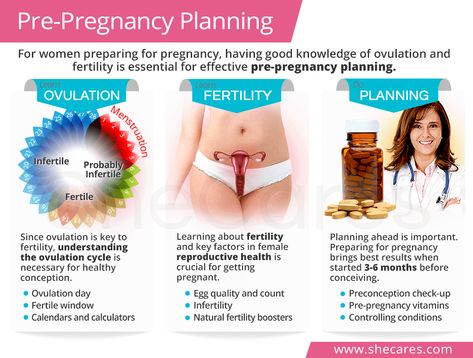 Rapid diagnostic tests can also help determine this problem. Men are often uncomfortable going to the doctor due to problems of an intimate nature, but a man can do a sperm test at home conditions. This quick test
Rapid diagnostic tests can also help determine this problem. Men are often uncomfortable going to the doctor due to problems of an intimate nature, but a man can do a sperm test at home conditions. This quick test
shows normal whether your fertility. Normal sperm activity is associated with more high chance of getting pregnant. nine0005
To to become pregnant, it is important to know when ovulation occurs. For this you can use tests to determine ovulation. Diagnostic test for ovulation detection detects an increase in the level of luteinizing hormone LH in urine. This hormone is always present in a woman's body, but in 24–36 hours before ovulation, its sharp increase begins, indicating optimal days fertility. At the time when the test is positive, it can be assumed that hormone levels have peaked and this is the most favorable time for pregnancy. nine0005
Good calendar cycles can also help you calculate your fertile days using various mobile applications available today (for example, Clue - Period and Cycle Tracker, Flo My Health and Period Tracker, Glow Period, Fertility Tracker etc. ) Cycle Calendar, so it's a good idea to try a few options and find the one that suits you.
) Cycle Calendar, so it's a good idea to try a few options and find the one that suits you.
If within year you did not manage to get pregnant, but you regularly have sex and do not use contraceptives, it is recommended to consult with specialist. nine0005
Good price
MARIA BEFORE BABY ovulation test (LH), 3 pcs.
0
Product in stock
€8.99 nine0005
7.19 €
-20%
Good price
Clear Choice - Easy pregnancy test, 1 pc.


